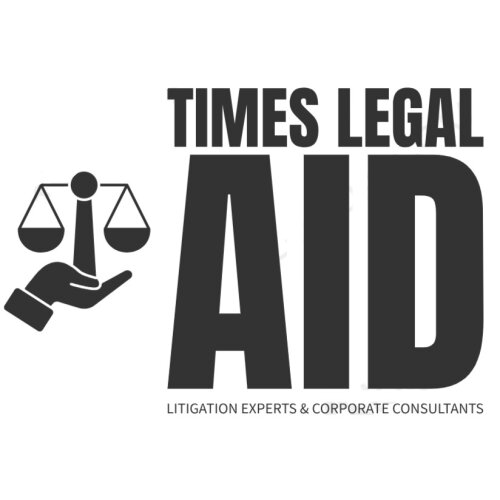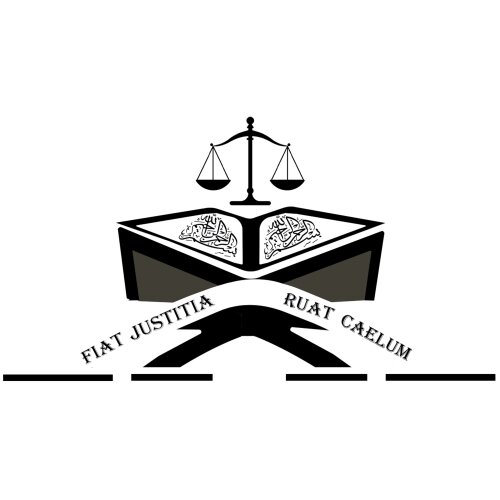Best Tax Increment Financing Lawyers in Islamabad
Share your needs with us, get contacted by law firms.
Free. Takes 2 min.
List of the best lawyers in Islamabad, Pakistan
About Tax Increment Financing Law in Islamabad, Pakistan
Tax Increment Financing (TIF) is a financing tool used to spur economic development and infrastructure projects. In Islamabad, Pakistan, TIF is designed to encourage private investment in public projects by leveraging the anticipated increases in property tax revenues. The funds generated through TIF can be used to support community improvements, such as roads, parks, and other public facilities, which in turn, attracts further development. Understanding the rules and regulations surrounding TIF is essential for developers and investors aiming to initiate projects within the city.
Why You May Need a Lawyer
Engaging in TIF projects can be complex, and legal guidance is often necessary to navigate this process effectively. Here are common situations where you may require legal help:
- Understanding and negotiating the terms of a TIF agreement with local authorities.
- Ensuring compliance with local laws and regulations related to development projects.
- Guidance on how to structure a TIF project financially.
- Assistance in dealing with disputes or legal challenges from other stakeholders or public agencies.
- Advising on the tax implications and benefits of a TIF project.
Local Laws Overview
The legal framework governing TIF in Islamabad includes various regulations and policies aimed at sustainable development. Key aspects to consider include:
- The criteria for selecting TIF districts, which typically require the area to be identified as underdeveloped or in need of revitalization.
- Specific requirements for public participation and transparency in the approval process of TIF-related projects.
- The allocation and use of increment property taxes, ensuring that funds are used according to the agreed-upon plan.
- Regulations on the types of projects that qualify for TIF funding, focusing on public infrastructure improvements.
Frequently Asked Questions
What is Tax Increment Financing?
TIF is a public financing method used for subsidizing infrastructure and community improvement projects. It involves redirecting future tax benefits to assist in the project’s development.
Who benefits from TIF projects?
Both the community and private investors benefit, as TIF is intended to revitalize areas, increase property values, and promote economic growth.
Can any project qualify for TIF?
No, projects generally need to meet specific criteria and usually focus on developments that offer significant public benefits.
What risks are associated with TIF?
If expected increases in tax revenues do not materialize, public funds may need to cover the shortfall, which is a risk to consider.
How long do TIF agreements typically last?
TIF agreements can vary but often last about 20 to 30 years, allowing enough time for developments to mature and produce tax increments.
How do TIF districts get approved?
Approval typically requires detailed studies, public meetings, and the support of local government entities to ensure the project aligns with community goals.
Is public input required in the TIF process?
Yes, public participation is often required, ensuring transparency and community involvement in redevelopment projects.
What are the typical uses for TIF funds?
TIF funds are typically used for infrastructure upgrades, including roads, utilities, public spaces, and other necessary community improvements.
Can TIF be used on residential projects?
While TIF can be used for residential projects, they generally need to provide broader benefits, like affordable housing, to qualify.
How does one apply for TIF funding?
Application processes can vary, but generally, you must submit a detailed development plan, financial projections, and evidence of project benefits to the relevant local authority.
Additional Resources
For additional guidance, consider contacting the following:
- The Capital Development Authority (CDA) for city-specific regulations and development guidelines.
- Ministry of Planning, Development & Special Initiatives for information on national strategies and frameworks.
- Local chambers of commerce or business councils which may offer support or have experience with TIF projects.
Next Steps
If you need legal assistance concerning TIF in Islamabad, start by identifying qualified lawyers or law firms experienced in tax and real estate law. Setting up consultations to discuss your project’s specifics can help you assess their expertise and approach. You may also want to engage with local development authorities early in the process to understand administrative expectations and compliance needs.
Lawzana helps you find the best lawyers and law firms in Islamabad through a curated and pre-screened list of qualified legal professionals. Our platform offers rankings and detailed profiles of attorneys and law firms, allowing you to compare based on practice areas, including Tax Increment Financing, experience, and client feedback.
Each profile includes a description of the firm's areas of practice, client reviews, team members and partners, year of establishment, spoken languages, office locations, contact information, social media presence, and any published articles or resources. Most firms on our platform speak English and are experienced in both local and international legal matters.
Get a quote from top-rated law firms in Islamabad, Pakistan — quickly, securely, and without unnecessary hassle.
Disclaimer:
The information provided on this page is for general informational purposes only and does not constitute legal advice. While we strive to ensure the accuracy and relevance of the content, legal information may change over time, and interpretations of the law can vary. You should always consult with a qualified legal professional for advice specific to your situation.
We disclaim all liability for actions taken or not taken based on the content of this page. If you believe any information is incorrect or outdated, please contact us, and we will review and update it where appropriate.

















